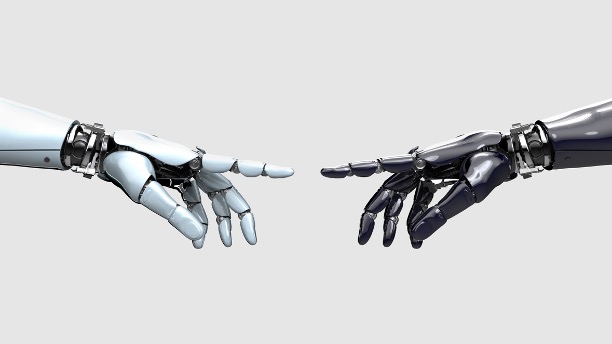
In a recently published survey, PWC has disclosed that Danish chief executives are planning to outsource less than before.
The figures show that only 27 % of the chief executives of the largest Danish companies are planning to outsource in 2017. In comparison, the figures in 2014, 2015 and 2016 were 41 %, 45 % and 52 %, respectively.
PWC manager Mogens Nørgaard Mogensen states: ”the trend of outsourcing as a growth driver has been broken. The survey thus points to a tendency that the Danish chief executives contemplate outsourcing to a smaller extent than before. One of the reasons may be that, by using digital options, especially robotics, the Danish chief executives have the possibility of transferring back some of the activities which they have previously outsourced”.
The retransfer of activities that have previously been handled by external suppliers – a.k.a. insourcing – may have legal consequences for the companies involved, which must then consider whether the Transfer of Undertakings (Protection of Employment) Regulations apply.
For example, insourcing may fall under the scope of said Transfer of Undertakings Regulations, concerning the obligations of the transferee to take over the employees and adopt the transferor’s obligations in relation to salary and employment conditions, obligations in relation to holiday pay, etc. Practice shows that it also applies, even though no employees or assets are transferred in connection with the retransfer of activities, if it concerns the insourcing of previously outsourced activities, for which the company or the authority already owns the resources necessary for the execution of the activity.
Examples of outsourced functions are cleaning, cafeteria operation, salary and human resource administration, finances or more outgoing activities, such as production, maintenance or services. Sometimes it is difficult to delimit the employees who are going back to the outsourcing company, if the activities have been reorganised in connection with outsourcing or if the supplier has employed other people with other competencies than the employees whom the supplier took over originally. In cases of doubt, it must be taken into account, where the employee in question had the majority of his or her activities, and where it is most natural for the employee to continue his or her work. For example, if an employee has been working for several companies in an outsourced call-centre, time consumption in relation to each of the companies which the employee has served, is a possible factor.



Thanks to the following contributors to the website: Steen Evald (photograph), Stine Heilmann (photograph), Count Pictures (video), Kunde & Co. A/S (design), WeCode A/S (coding)